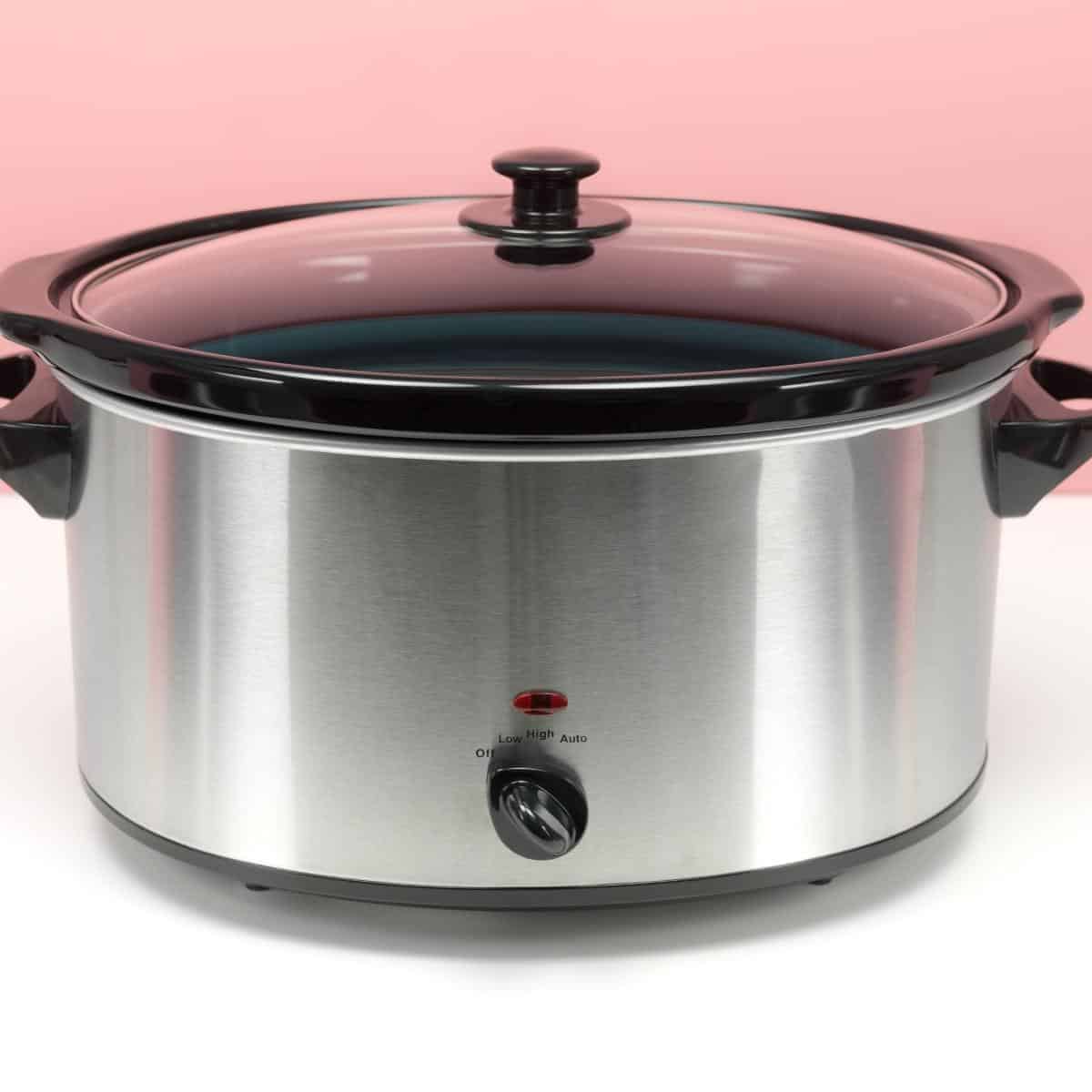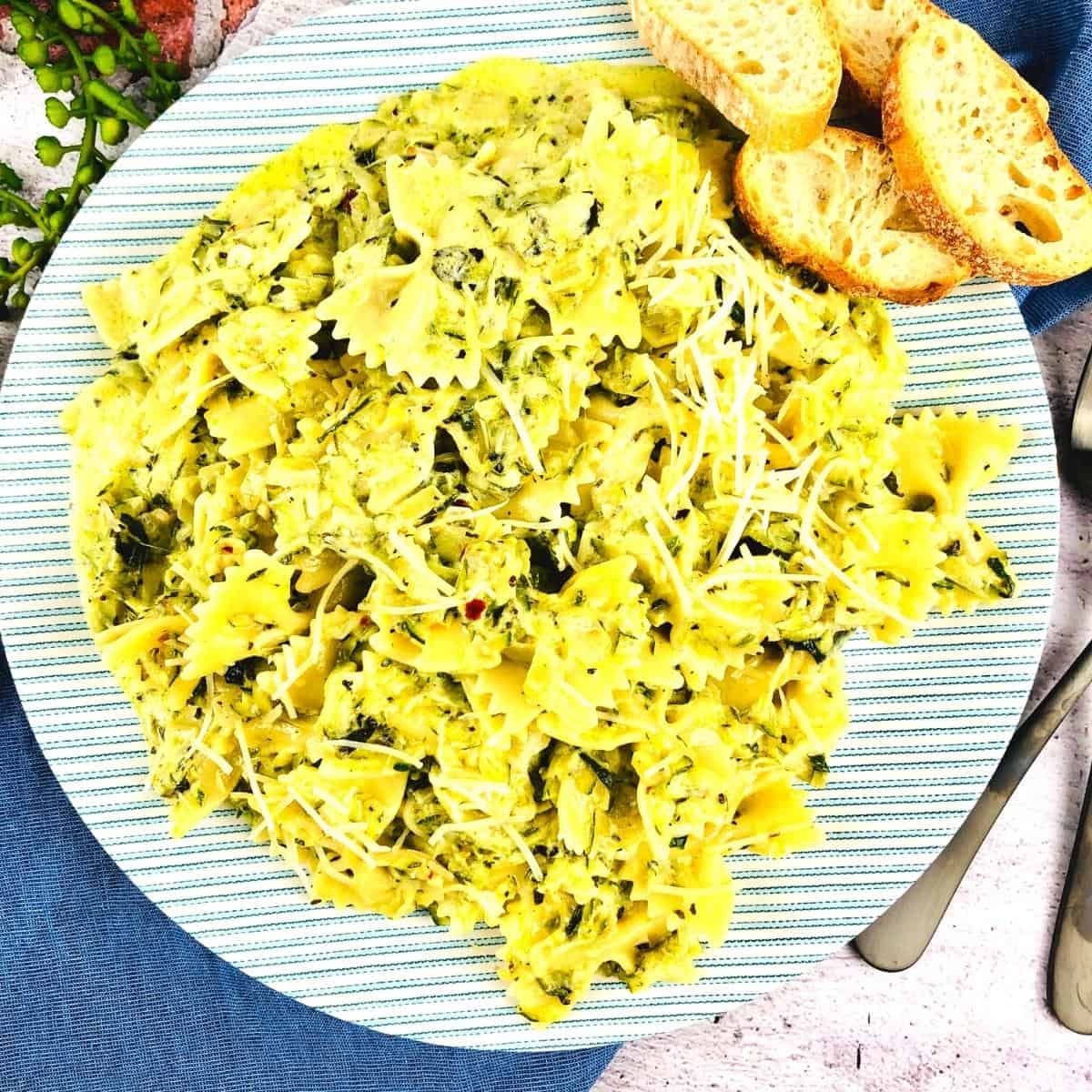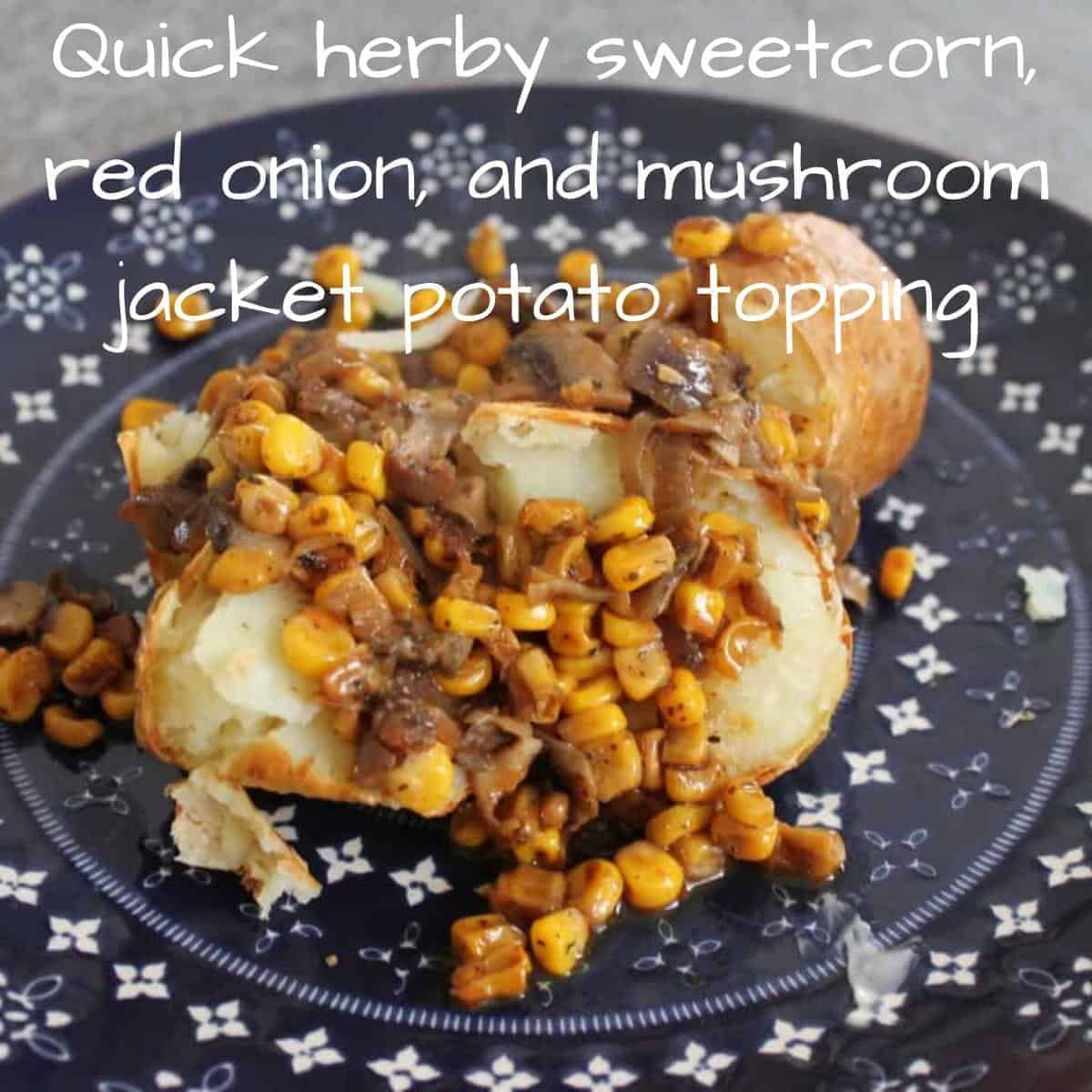The Complete Guide to Healthy Sugar Alternatives
Sugar is everywhere. It’s in your morning coffee, afternoon biscuit, and evening dessert. But here’s the thing: too much sugar can wreck your health. It leads to weight gain, tooth decay, and increases your risk of diabetes and heart disease.
The good news? You don’t have to give up sweetness entirely. There are plenty of healthy sugar alternatives that can satisfy your sweet tooth without the nasty side effects. Some are natural, others are artificial, and a few might surprise you.
This guide will walk you through the best sugar alternatives and substitutes available. You’ll learn which ones work best for baking, which taste closest to sugar, and which ones your body will thank you for. By the end, you’ll know exactly how to make the switch to a healthier lifestyle without sacrificing flavour.

Why You Should Consider Sugar Alternatives
Regular sugar, or sucrose, contains empty calories. This means it gives you energy but no vitamins, minerals, or other nutrients your body needs. When you eat too much sugar, your blood sugar spikes quickly, then crashes just as fast. This rollercoaster leaves you feeling tired and craving more sugar.
Sugar substitutes can help break this cycle. Many contain fewer calories than regular sugar. Some don’t affect your blood sugar at all. Others provide additional nutrients that your body can actually use.
Making the switch to healthy sugar alternatives doesn’t mean your food has to taste bland. Modern sugar substitutes have come a long way. Many taste remarkably similar to regular sugar, and some even enhance flavours in unexpected ways.
Sugar Alternatives – Natural Sweeteners
Stevia
Stevia comes from the leaves of the stevia plant, which grows in South America. It’s incredibly sweet – about 200 times sweeter than sugar. This means a tiny amount goes a very long way.
The best part about stevia? It contains zero calories and doesn’t raise your blood sugar. This makes it perfect for people with diabetes or anyone watching their weight, looking for sugar alternatives. Some people notice a slight bitter aftertaste, but high-quality stevia products have minimised this issue.
When cooking with stevia, remember that less is more. Start with a pinch and add more if needed. It works well in drinks, smoothies, and some baked goods, though you might need to adjust your recipes since it doesn’t provide the bulk that sugar does.
Monk Fruit Sweetener
Monk fruit sweetener comes from a small green fruit grown in China. Like stevia, it’s much sweeter than sugar – about 150 to 200 times sweeter. It also contains zero calories and won’t spike your blood sugar.
What sets monk fruit apart from other sugar alternatives is its clean taste. Most people can’t detect any bitter or artificial aftertaste. It dissolves well and works brilliantly in hot and cold beverages. You can also use it for baking, though you’ll need to experiment with quantities.
The only downside? Monk fruit sweetener can be expensive compared to other alternatives. However, since you use so little at a time, a small packet lasts for months.
Honey
Honey is one of the oldest natural sweeteners known to humans. It contains antioxidants, enzymes, and small amounts of vitamins and minerals. Some studies suggest that honey may help with allergies and wound healing.
However, honey is still sugar at its core. It contains fructose and glucose, just like regular sugar. It’s slightly less processed, which means it retains some beneficial compounds, but it still affects your blood sugar.
Use honey in moderation. It works wonderfully in tea, drizzled over yoghurt, or in baking. Choose raw, unprocessed honey when possible, as it retains more of its natural benefits.
Maple Syrup
Real maple syrup comes from the sap of maple trees. It contains antioxidants and minerals like manganese and zinc. The distinctive flavour makes it perfect for pancakes, but it also works well in baking and cooking as one of the best sugar alternatives.
Like honey, maple syrup is still a form of sugar. It contains sucrose, fructose, and glucose. However, it’s less processed than regular sugar and provides some additional nutrients.
When buying maple syrup, read the label carefully. Many products labelled as “maple syrup” are actually high-fructose corn syrup with maple flavouring. Look for “100% pure maple syrup” to get the real thing.
Dates and Date Paste
Dates are naturally sweet fruits packed with fibre, potassium, and antioxidants. You can eat them whole as a snack or blend them into a paste for baking and cooking.
Date paste works brilliantly as a sugar substitute in many recipes. It adds moisture and a rich, caramel-like sweetness. The fibre in dates also helps slow down sugar absorption, preventing rapid blood sugar spikes.
To make date paste, simply soak pitted dates in warm water for 10 minutes, then blend until smooth. Store it in the fridge and use it within a week.
Artificial Sweeteners: The Science-Backed Sugar Alternatives
Erythritol
Erythritol is a sugar alcohol that occurs naturally in some fruits and fermented foods. It tastes very similar to sugar but contains only 6% of the calories. Most people can’t tell the difference in taste tests.
Your body doesn’t metabolise erythritol the same way it does sugar. About 90% passes through your system unchanged, which means it doesn’t affect your blood sugar or insulin levels.
Erythritol measures cup-for-cup like sugar in most recipes. It works particularly well in baking, though it can crystallise in some applications. Some people experience digestive upset if they eat large amounts, but tolerance varies from person to person.
Xylitol
Xylitol is another sugar alcohol that looks and tastes remarkably similar to sugar. It contains about 40% fewer calories than regular sugar and has been shown to benefit dental health. Bacteria in your mouth can’t feed on xylitol, which means it may help prevent tooth decay.
Like erythritol, xylitol doesn’t significantly affect blood sugar levels. It works well in baking and can be substituted cup for cup in most recipes for those needing sugar alternatives.
Be aware that xylitol is extremely toxic to dogs. Even small amounts can cause dangerous drops in blood sugar and liver damage in pets. Keep all xylitol products safely away from animals.
Aspartame
Aspartame is one of the most studied artificial sweeteners or sugar alternatives in the world. It’s about 200 times sweeter than sugar and contains virtually no calories. You’ll find it in many diet drinks and sugar-free products.
Despite various health scares over the years, regulatory agencies worldwide have deemed aspartame safe for most people. However, people with phenylketonuria (PKU) should avoid it entirely, as their bodies cannot process one of its components.
Aspartame loses its sweetness when heated, so it’s not suitable for baking. It works best in cold beverages and foods that don’t require cooking.
How to Choose the Right Sugar Substitute
The best healthy sugar alternatives for you depend on your needs, taste preferences, and health goals. Here are some factors to consider when choosing sugar alternatives:
For baking: Erythritol and xylitol work best because they measure similarly to sugar and don’t lose their sweetness when heated. Date paste also works well in dense, moist baked goods.
For beverages: Stevia and monk fruit sweetener are excellent choices because they’re incredibly sweet and dissolve easily. A little goes a long way.
For blood sugar control: Stevia, monk fruit, erythritol, and xylitol don’t significantly impact blood glucose levels. These are ideal if you have diabetes or are following a low-carb diet.
For natural options: Honey, maple syrup, and dates provide some additional nutrients along with sweetness. Use them in moderation as part of a balanced diet.
For cost-effectiveness: Erythritol and xylitol often provide the best value, especially when buying in bulk. They measure cup-for-cup like sugar, so you won’t need to use tiny amounts like you would with stevia.
Making the Switch: Practical Tips
Transitioning to sugar substitutes doesn’t have to be overwhelming. Start small and make gradual changes to the best sugar alternatives for you. Here’s how:
Begin with beverages. Replace the sugar in your tea or coffee with stevia or monk fruit sweetener. This is often the easiest place to start because you can adjust the sweetness to taste.
Experiment with baking. Try substituting half the sugar in your favourite recipes with erythritol or xylitol. This lets you get used to the taste and texture changes without completely altering the recipe.
Read labels carefully. Many processed foods contain hidden sugars. Look for products sweetened with the alternatives mentioned in this guide, or better yet, make more meals from scratch.
Give your taste buds time. It can take a few weeks for your palate to adjust to new sweeteners. Stick with it – many people find they prefer the cleaner taste of natural sweeteners after the adjustment period.
Don’t go overboard. Even healthy sugar alternatives should be used in moderation. The goal is to reduce your overall desire for overly sweet foods, not to maintain the same level of sweetness with different ingredients.
Common Mistakes to Avoid
When swapping to sugar alternatives avoid these simple mistakes.
Using too much stevia or monk fruit. These are incredibly concentrated sweeteners. Start with tiny amounts and gradually increase if needed.
Expecting identical results in baking. Sugar does more than just sweeten – it affects texture, browning, and moisture. You may need to adjust other ingredients when substituting.
Ignoring your body’s response. Some people experience digestive issues with sugar alcohols like erythritol and xylitol. Start with small amounts to test your tolerance.
Assuming all artificial sweeteners are the same. Each has different properties, tastes, and uses. What works in your coffee might not work in your cake.
Forgetting about whole foods. The healthiest approach often involves using naturally sweet whole foods like fruits instead of any added sweeteners.
Creating Your Healthier Sweet Life
Switching to healthy sugar alternatives is one of the best decisions you can make for your long-term health. You’ll likely notice more stable energy levels, fewer sugar cravings, and better overall well-being.
Remember that this journey is personal. What works for your friend or neighbour might not work for you. Try different natural sweeteners and sugar substitutes to find your favourites. Keep a few different options in your pantry so you can choose the right one for each situation.
The key is to be patient with yourself and view this as a positive lifestyle change rather than a restriction. You’re not giving up sweetness – you’re choosing better ways to enjoy it. Your body will thank you for making the switch, and you might be surprised by how much better you feel.
Start small, stay consistent, and enjoy discovering a world of healthy sweetness that supports your wellness goals.
What are your favourite sugar alternatives?






